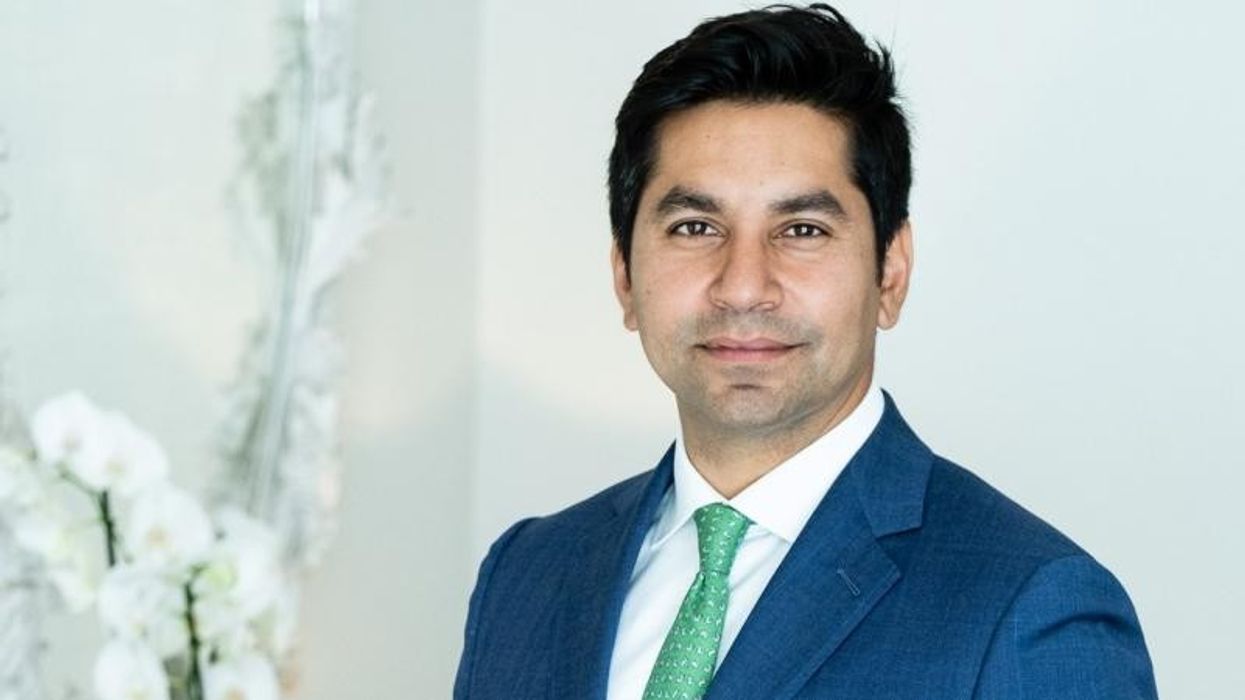CHANCELLOR Rachel Reeves will lead a group of ministers at the World Economic Forum (WEF) in Davos this month, as the government works to attract global investors and reassure British businesses.
Reeves, who has attended the event for the past two years in her role as shadow chancellor, will meet with key international investors, including sovereign wealth funds and private equity firms from the US, reported the Times. The government is looking to secure financial backing for its plans related to infrastructure and green energy.
In addition to Reeves, Jonathan Reynolds, business secretary, will also attend the event, along with Baroness Gustafsson, the new minister for investment and former chief executive of Darktrace, and Varun Chandra, the prime minister’s special adviser on business and investment.
According to the report, Reeves aims to project optimism and highlight the UK’s economic potential during the event. She will meet with UK business leaders at the forum to address concerns over last year's increase in employer national insurance.
Reeves said, “I’m going to Davos to tell some of the world’s biggest companies and investors that UK plc is burning bright. I am on a mission to win round the world’s investors. That’s why I’ve already made progress on planning reform to get Britain building, and my plans for pension megafunds will unlock billions of pounds of investment for infrastructure and businesses of the future.”
At last year’s summit, Reeves met with American tech entrepreneurs and European investors, as well as attending various networking events organised by firms like Andreessen Horowitz and JP Morgan.
This year’s delegation is expected to include several prominent figures, including former prime minister Baroness May and former chancellor George Osborne, who is now a partner at Robey Warshaw, a City advisory firm.
Princess Beatrice is also anticipated to participate in a discussion on how private capital can help address climate change, a topic that has been central to the WEF in recent years.





